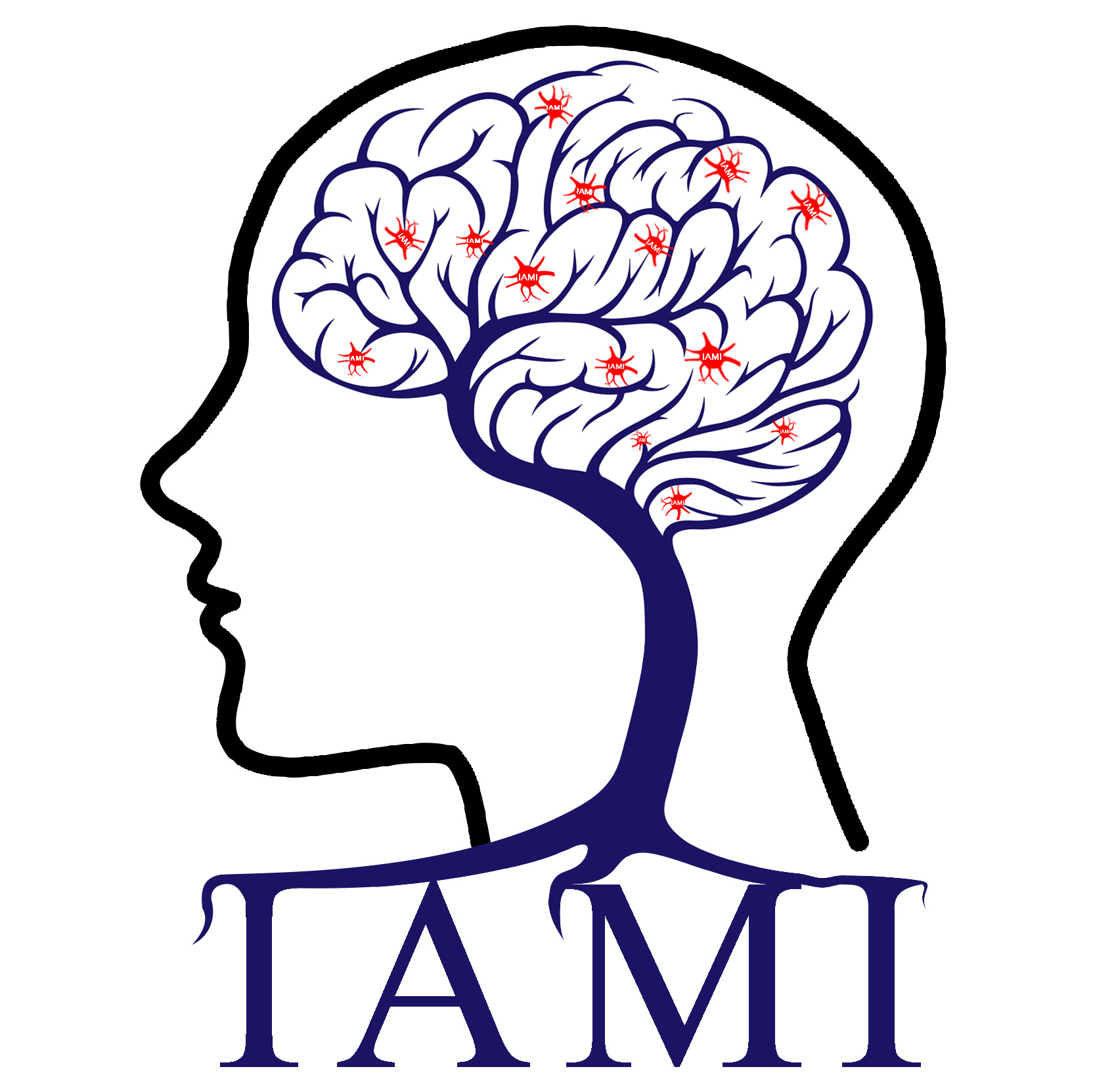
杜宇慧个人网页---智能医学图像分析
地址:中国, 太原
Elizabeth Osuch*, Shuang Gao, Michael Wammes, Jean Theberge, Peter Williamson, Richard Neufeld, Yuhui Du, Jing Sui*, Vince Calhoun. Complexity in Mood Disorder Diagnosis: fMRI Connectivity Networks Predicted Medication-Class of Response in Complex Patients. Acta Psychiatrica Scandinavica, 2018, 138(5): 472-482.
时间:2019-06-12 16:39:13 来源: 点击:[1109]
Abstract
Objective
This study determined the clinical utility of an fMRI classification algorithm predicting medication‐class of response in patients with challenging mood diagnoses.
Methods
Ninety‐nine 16–27‐year‐olds underwent resting state fMRI scans in three groups—BD, MDD and healthy controls. A predictive algorithm was trained and cross‐validated on the known‐diagnosis patients using maximally spatially independent components (ICs), constructing a similarity matrix among subjects, partitioning the matrix in kernel space and optimizing support vector machine classifiers and IC combinations. This classifier was also applied to each of 12 new individual patients with unclear mood disorder diagnoses.
Results
Classification within the known‐diagnosis group was approximately 92.4% accurate. The five maximally contributory ICs were identified. Applied to the complicated patients, the algorithm diagnosis was consistent with optimal medication‐class of response to sustained recovery in 11 of 12 cases (i.e., almost 92% accuracy).
Conclusion
This classification algorithm performed well for the know‐diagnosis but also predicted medication‐class of response in difficult‐to‐diagnose patients. Further research can enhance this approach and extend these findings to be more clinically accessible.

 您当前的位置:
您当前的位置: